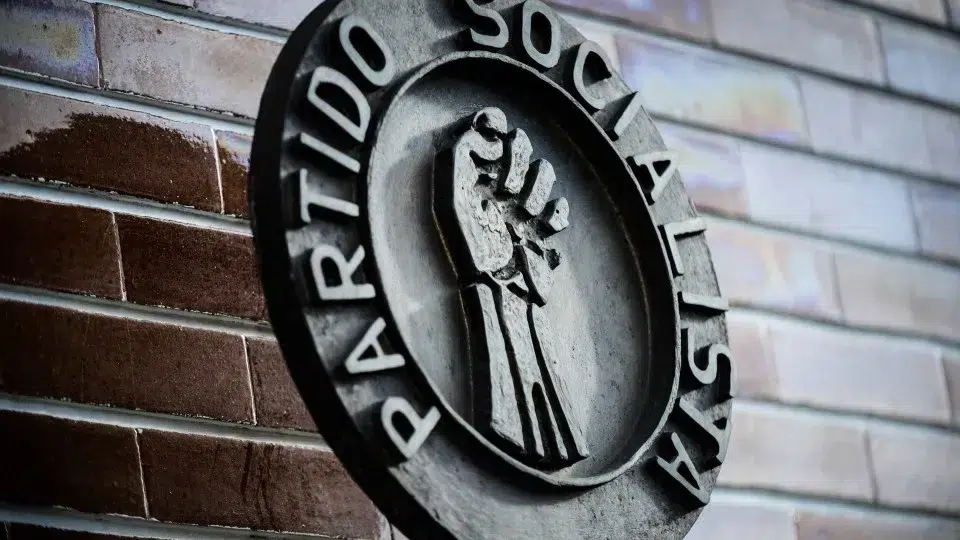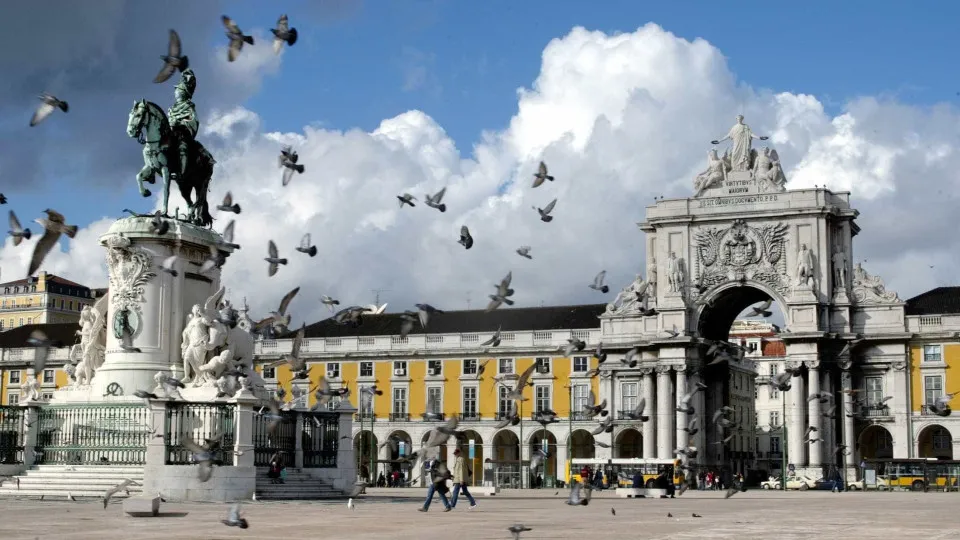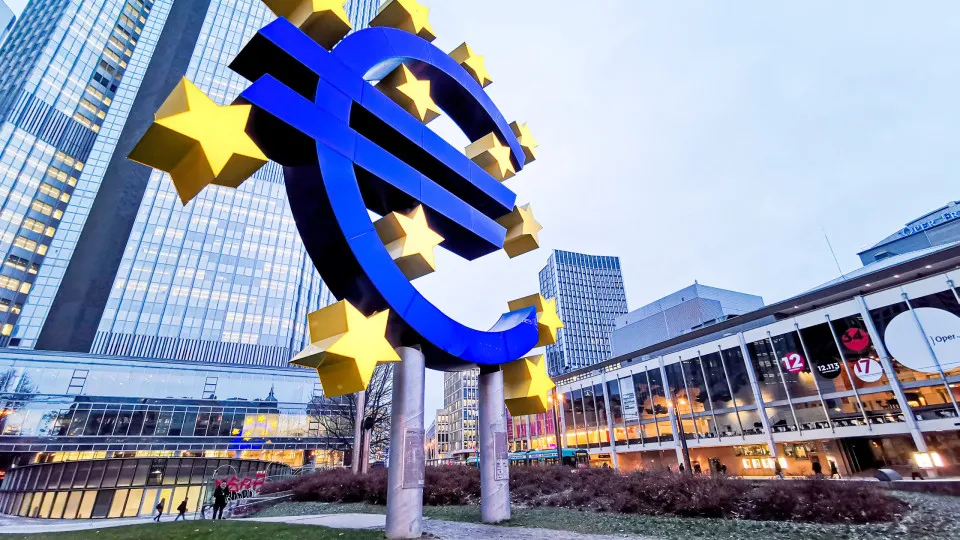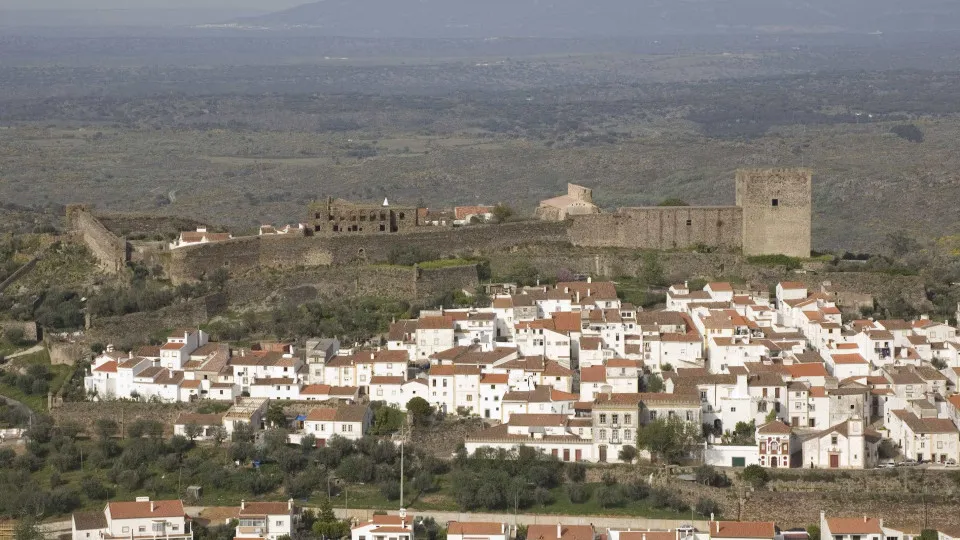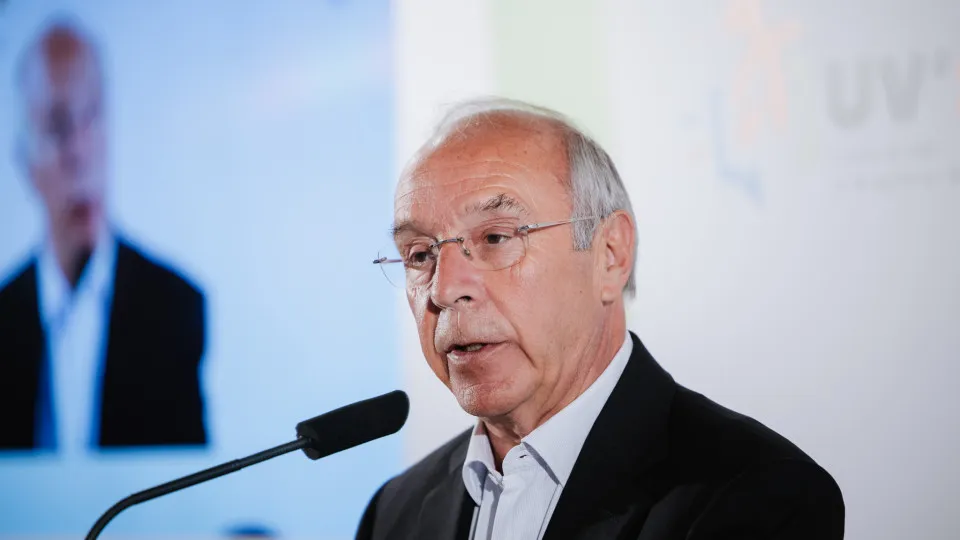
Although the former leader of the PSD views the general strike organized by the two main unions (UGT and CGTP) on December 11 as inevitable, he believes that a future agreement between UGT and the government on labor law reform is possible.
“The most important thing is to pursue reform with a social agreement, involving UGT, which is a very, very responsible union. And I believe we are on the path to that,” said Luís Marques Mendes to journalists before having lunch at the blue canteens of the University of Coimbra, during a pre-campaign action.
The presidential candidate, “unlike everyone who thinks this will end in rupture,” believes it “will end in an agreement.”
“This is according to my experience of many years. Do not be hasty day-by-day, because this is a very long process,” he emphasized.
To support this belief, Luís Marques Mendes pointed to a meeting on Wednesday between the government and UGT, where he saw the situation “much relieved” after it had been “very tense ten days ago.”
“The strike will obviously happen, but that does not seem the most dramatic to me. The important thing is to maintain a spirit of dialogue and balance even after the strike. And yesterday [Wednesday] was a great sign,” he stated.
For Marques Mendes, the fact that UGT requested more time to analyze the government’s proposals and the government agreeing to allow it shows that both parties are interested in dialogue and negotiation.
“Yesterday helped to ease the environment. And I think in the coming weeks we’ll have more days of easing,” he said.
The strike called by the two main unions is a reaction to the government’s proposed labor law reform, which includes extending the duration of fixed-term contracts, reinstating individual banked hours, removing restrictions on external hiring after layoffs, revising parental leave, and strengthening mandatory minimum services during strikes, among other proposed changes.
Asked by journalists about the formalization of CDS-PP’s support for his candidacy, Marques Mendes expressed satisfaction but emphasized—just as he did when receiving the support of the PSD—that he is an “independent, non-partisan” candidate.
Regarding the searches at TAP, the presidential candidate considered it normal that investigations occur in processes where there are suspicions, but criticized that it involves “matters that occurred ten years ago or more.”
“The justice system cannot function like this, with delays of ten or 12 years. That’s why the President of the Republic must help build a pact for justice to change these situations,” he said, considering it unacceptable to have investigations more than a decade after the events.

